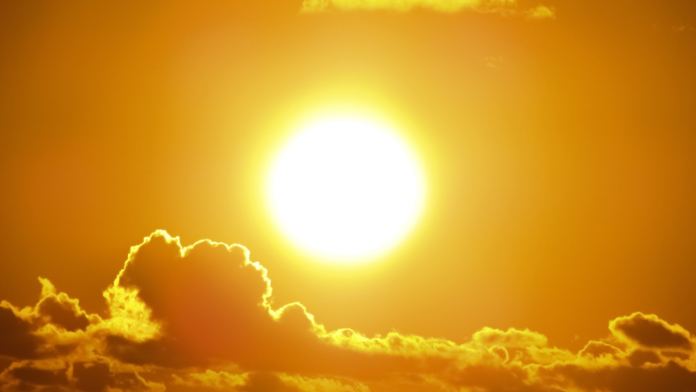The National Weather Service has issued a Heat Advisory for our area. Dangerous heat index values are expected to peak around 107 each afternoon this week.
Many of us hear of casualties due to natural disasters like tornadoes, floods and hurricanes. But extreme heat can be deadly too.
How Our Bodies React to Extreme Heat
“The body normally cools itself by sweating. But under some conditions, sweating just isn’t enough. In such cases, a person’s body temperature rises rapidly. Very high body temperatures may damage the brain or other vital organs.
Several factors affect the body’s ability to cool itself during extremely hot weather. When the humidity is high, sweat will not evaporate as quickly, preventing the body from releasing heat quickly.”-CDC
What You Can Do to Battle Extreme Heat
The CDC has compiled lots of information to keep communities informed on how to deal with extreme heat. The graphic below highlights who is affected by heat and how to avoid heat-related illnesses.

5 Tips from the CDC:
1. Increase your fluid intake, regardless of your activity level. Don’t wait until you’re thirsty to drink. During heavy exercise in a hot environment, drink two to four glasses (16-32 ounces) of cool fluids each hour.
2. Stay indoors and, if at all possible, stay in an air-conditioned place. If your home does not have air conditioning, go to the shopping mall or public library—even a few hours spent in air conditioning can help your body stay cooler when you go back into the heat.
3. If you are 65 years of age or older, have a friend or relative call to check on you twice a day during a heat wave. If you know someone in this age group, check on them at least twice a day.
4. Avoid hot foods and heavy meals—they add heat to your body.
5. Dress infants and children in cool, loose clothing and shade their heads and faces with hats or an umbrella.
Get more tips from the CDC here.



























